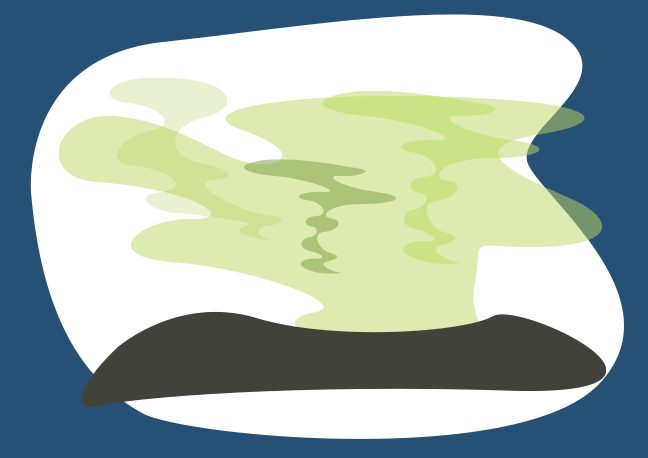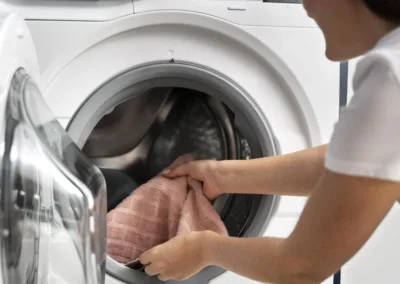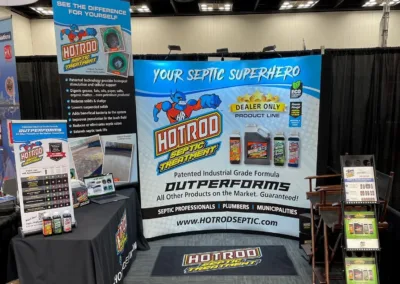
Information Is Key
Septic systems can fail without warning, causing huge problems and expensive costs to homeowners. However, there are some common signs of failure you can watch out for in order to ensure your septic system doesn’t let you down when you need it most. Whether you have noticed any recent changes with your septic system or you’re just curious about the warning signs of failure, keep reading to learn more about three common signs that your residential septic system may be failing.
Things you can see
If you see gray or black water coming from your drain field, that’s an indication there’s a problem with your system. Whether it’s odor , a wet yard around your drain field, or you notice odd colors in your septic system, make sure to have it checked out.
It’s extra important to keep an eye on how much water you’re using—if you use more than average, it might mean that your system needs more maintenance than usual. The more water put into your system, the better your system needs to perform to handle the added water.
You can also watch for warning signs during routine maintenance : When cleaning out lint traps on washing machines, check for rust-colored stains around discharge hose; this might indicate that wastewater is backing up into your home’s plumbing lines and not draining properly to your septic system.
Things you can smell
A septic system failure is often indicated by smells—not just any kind of smell, but very specific kinds. While we’re used to thinking of what comes out of our pipes as sewage, it’s actually sewage that’s been treated. The term septic was originally used because those sewage systems were self-contained and did not connect to a municipal sewer line.
Those smells—the ones that indicate failure—are not as pleasant, and include sewer gas, ammonia, sulfur or rotten eggs. A number of things can cause these signs that your septic system is failing. If you notice one or more of these telltale signs it may be time to reach out for help in figuring out what’s going on and how to remedy it quickly. Hotrod Septic offers an Emergency 9-1-1 treatment for systems with current issues – check it out here.
Dealing with it once it fails
If you spot any of these telltale signs, it’s important to seek a remedy immediately. The longer a septic system is neglected, the more expensive it becomes to fix. If you wait too long to address problems with your septic system, your home and yard could end up damaged in ways that are hard or impossible to reverse.
For example, if water is coming up on top of the ground and leaking into a nearby ditch or stream, there may be no way to undo damage done by contamination. And once wastewater has been released into local streams and rivers, it can be very difficult—and costly—to clean up. In addition, failing septic systems can cause unpleasant odors to spread throughout your property and even affect neighboring homes.


